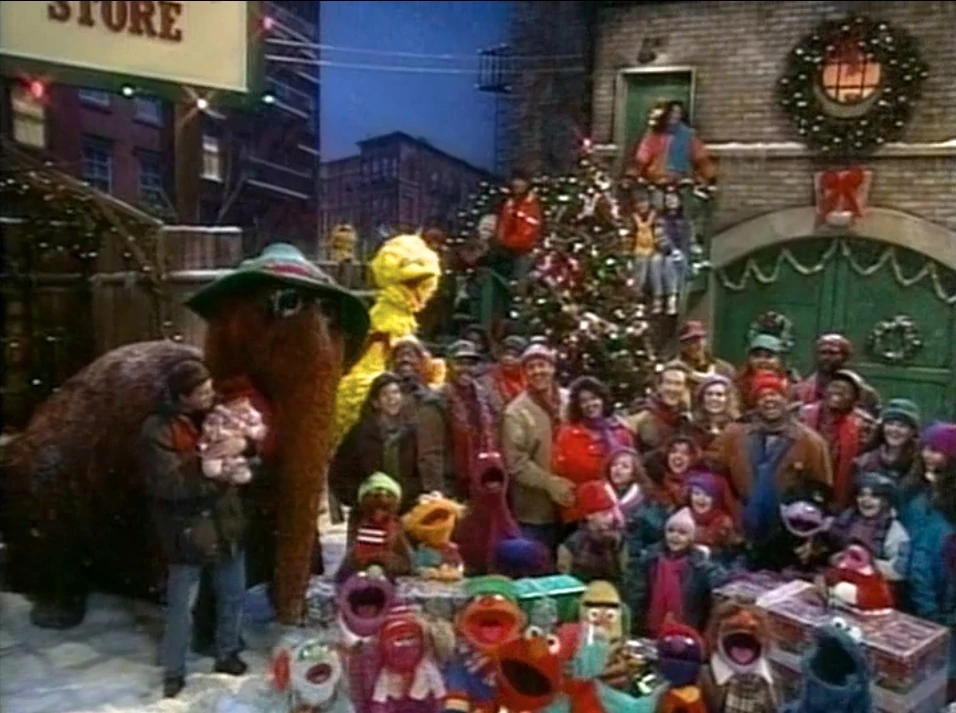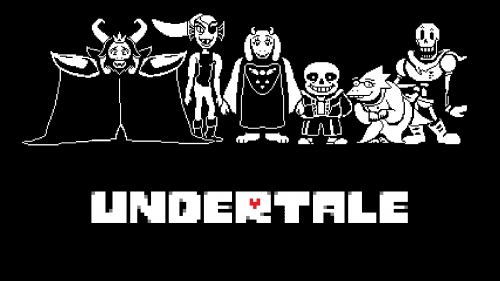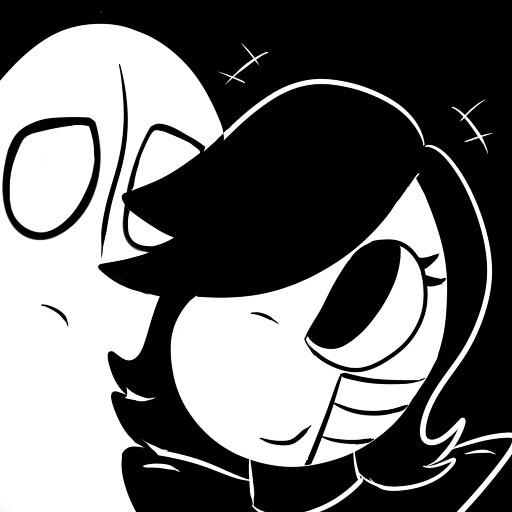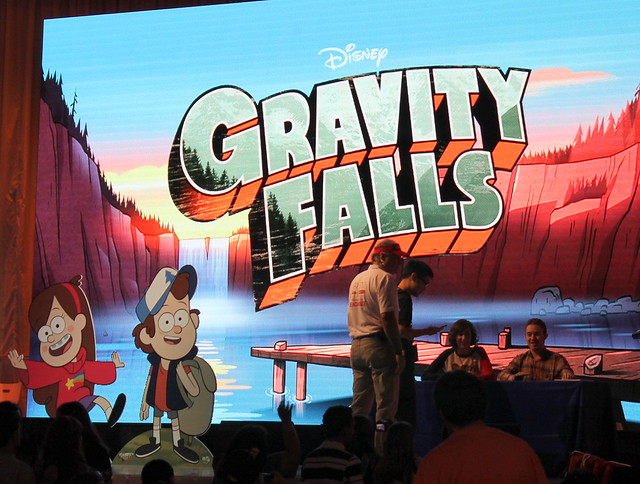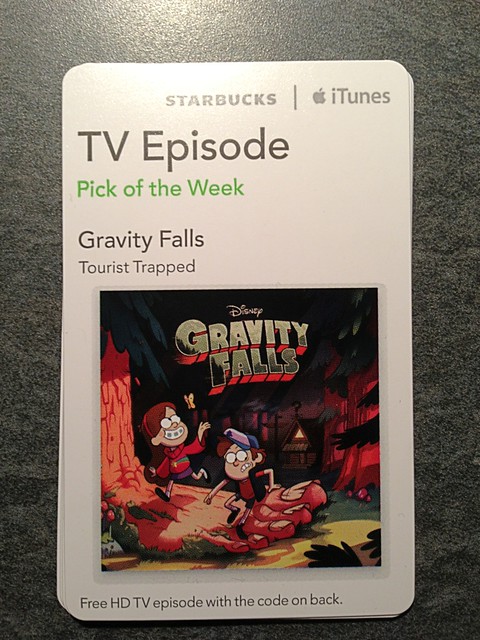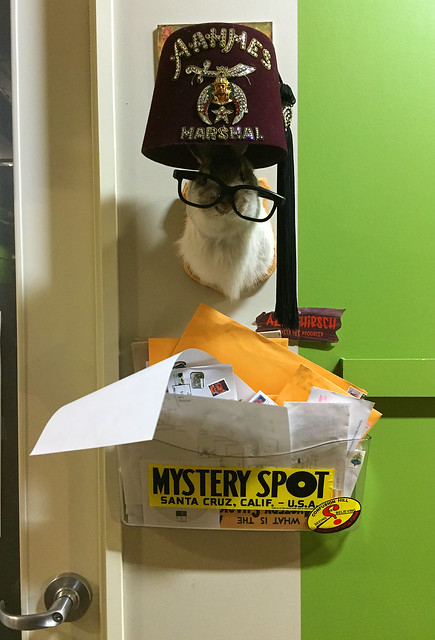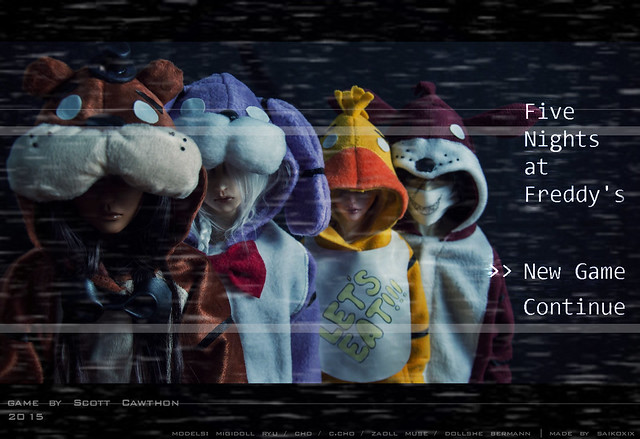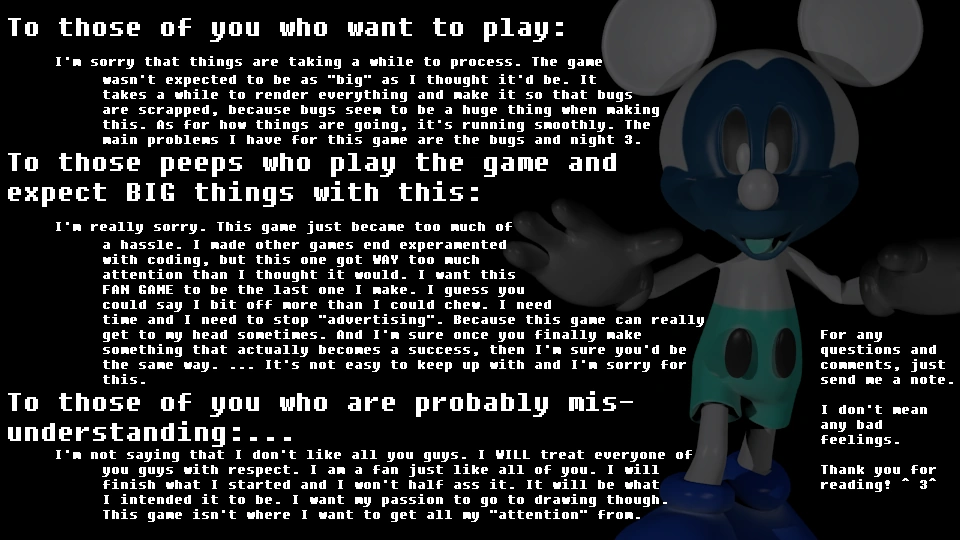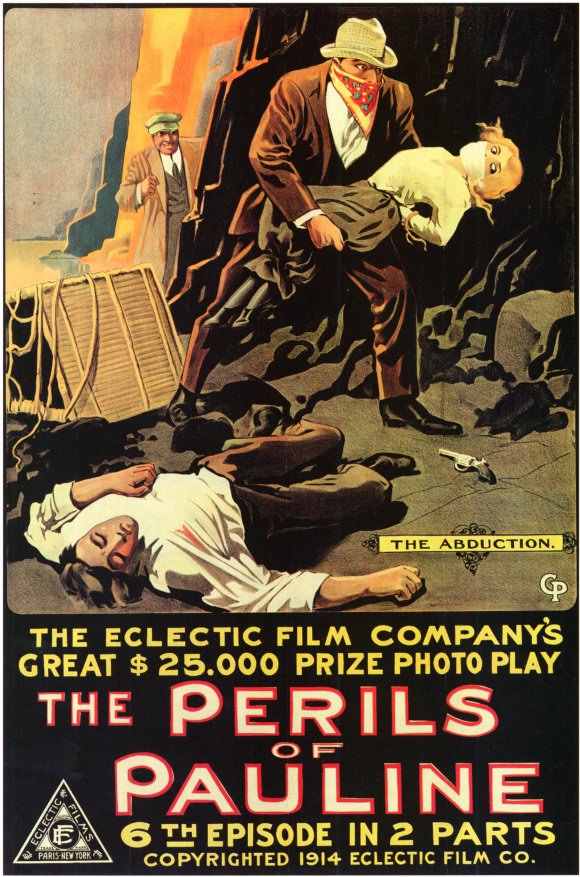This was a picture I took of lighting a brand new candle in the dark, one I had planned to use for meditation. I took another photo of the candle in the light, when the power came back on. It brought me to mind of all the children's shows that claim that one can entertain in the dark, and find things to do when there is no power. Those shows emphasized the value of one's imagination.
Our neighbors next door have been building a new house, ideally to sell on the real estate market. They asked my mom in December if they could build a wall instead of a fence, and if they could take down our fence. She thought it was just going to be a small matter and agreed. If we had known what would ensue, she would have stood her ground and refused. As it turns out, they not only took down the fence without batting an eye, but also cut off our yard water, our Internet and phone for a couple of hours, and a few square feet off our property. Each time these incidents happened, my mom filed a report with the neighborhood committee, since they were quite a nuisance. The foreman seemed genuinely apologetic, but one incident after another occurred despite the apologies and our dwindling patience. We hoped the Internet would be an indicator that we wouldn't accept such nuisances.
Image source:https://i.ytimg.com/vi/TJSzuXsaGBI/hqdefault.jpg
A few weeks ago, while I was driving to a job interview in the morning, I got a phone call form my mom. It was nine in the morning, and the power was out in our house. She couldn't make coffee, or my younger brother's breakfast. Fortunately we had extra coffee in the fridge, and we had a propane stove for hurricane emergencies. She was able to make him breakfast, and heat up his lunch.
Thinking it was a power outage caused by the recent cold front, I called an FPL repairman, who came about six hours later, two hours after I arrived home. FPL is Florida Power and Light. The repairman had to call four more trucks, and they worked for about two hours to get a temporary cable up. That's right: temporary. No power outage had occurred. The construction workers next door had cut through our power lines while digging a trench for a wall. Such repairs would take at least two weeks, and in the meantime we have a long cable snaking around one side of the yard that covers our power. The foreman next door apologized, again, and he promised that the repair costs would be covered by them, but my mom and I don't trust him. This was the fourth time that such an incident had happened, all because my mom gave permission for them to build a wall on the property line.
Not having power for a day is awful in this day and age, not just because we lose the "entertainment" that comes from television and video games, but also because you lose the electricity needed for cooking, maintaining the house, and running the schedule. My younger brother has severe allergies, so my mom has to cook all of his food from scratch; cooking on a propane stove was more laborious for her given it's smaller than our electric stove and could have burned her. I wouldn't be able to send our my stories to magazines, share them with friends, or email my resume to potential recruiters. We had to cancel a cleaning service that was supposed to come and put off evening activities such as running laps around the driveway. Because of the cable, we cannot mow our lawn and have to take care not to step on it or drove on it. A power outage from a storm is one thing; that sort of event has a risk of happening. A neighbor cutting off your power and not realizing until you leave a voicemail detailing the situation could have taken more care.
I am certainly more appreciate of power in my life after every outage, because it's a necessity for our household. Certainly I have learned from this that when someone tries to make a cagey deal and starts creating disturbances to face them head on and refuse to accept their nonsense. My mom deserved better than this.
Image source: https://c1.staticflickr.com/5/4061/4573678142_4b0aa216ce_z.jpg
A few weeks ago, while I was driving to a job interview in the morning, I got a phone call form my mom. It was nine in the morning, and the power was out in our house. She couldn't make coffee, or my younger brother's breakfast. Fortunately we had extra coffee in the fridge, and we had a propane stove for hurricane emergencies. She was able to make him breakfast, and heat up his lunch.
Thinking it was a power outage caused by the recent cold front, I called an FPL repairman, who came about six hours later, two hours after I arrived home. FPL is Florida Power and Light. The repairman had to call four more trucks, and they worked for about two hours to get a temporary cable up. That's right: temporary. No power outage had occurred. The construction workers next door had cut through our power lines while digging a trench for a wall. Such repairs would take at least two weeks, and in the meantime we have a long cable snaking around one side of the yard that covers our power. The foreman next door apologized, again, and he promised that the repair costs would be covered by them, but my mom and I don't trust him. This was the fourth time that such an incident had happened, all because my mom gave permission for them to build a wall on the property line.
 |
| This was the other photo I took, of when the lights came back on |
Not having power for a day is awful in this day and age, not just because we lose the "entertainment" that comes from television and video games, but also because you lose the electricity needed for cooking, maintaining the house, and running the schedule. My younger brother has severe allergies, so my mom has to cook all of his food from scratch; cooking on a propane stove was more laborious for her given it's smaller than our electric stove and could have burned her. I wouldn't be able to send our my stories to magazines, share them with friends, or email my resume to potential recruiters. We had to cancel a cleaning service that was supposed to come and put off evening activities such as running laps around the driveway. Because of the cable, we cannot mow our lawn and have to take care not to step on it or drove on it. A power outage from a storm is one thing; that sort of event has a risk of happening. A neighbor cutting off your power and not realizing until you leave a voicemail detailing the situation could have taken more care.
I am certainly more appreciate of power in my life after every outage, because it's a necessity for our household. Certainly I have learned from this that when someone tries to make a cagey deal and starts creating disturbances to face them head on and refuse to accept their nonsense. My mom deserved better than this.
Image source: https://c1.staticflickr.com/5/4061/4573678142_4b0aa216ce_z.jpg








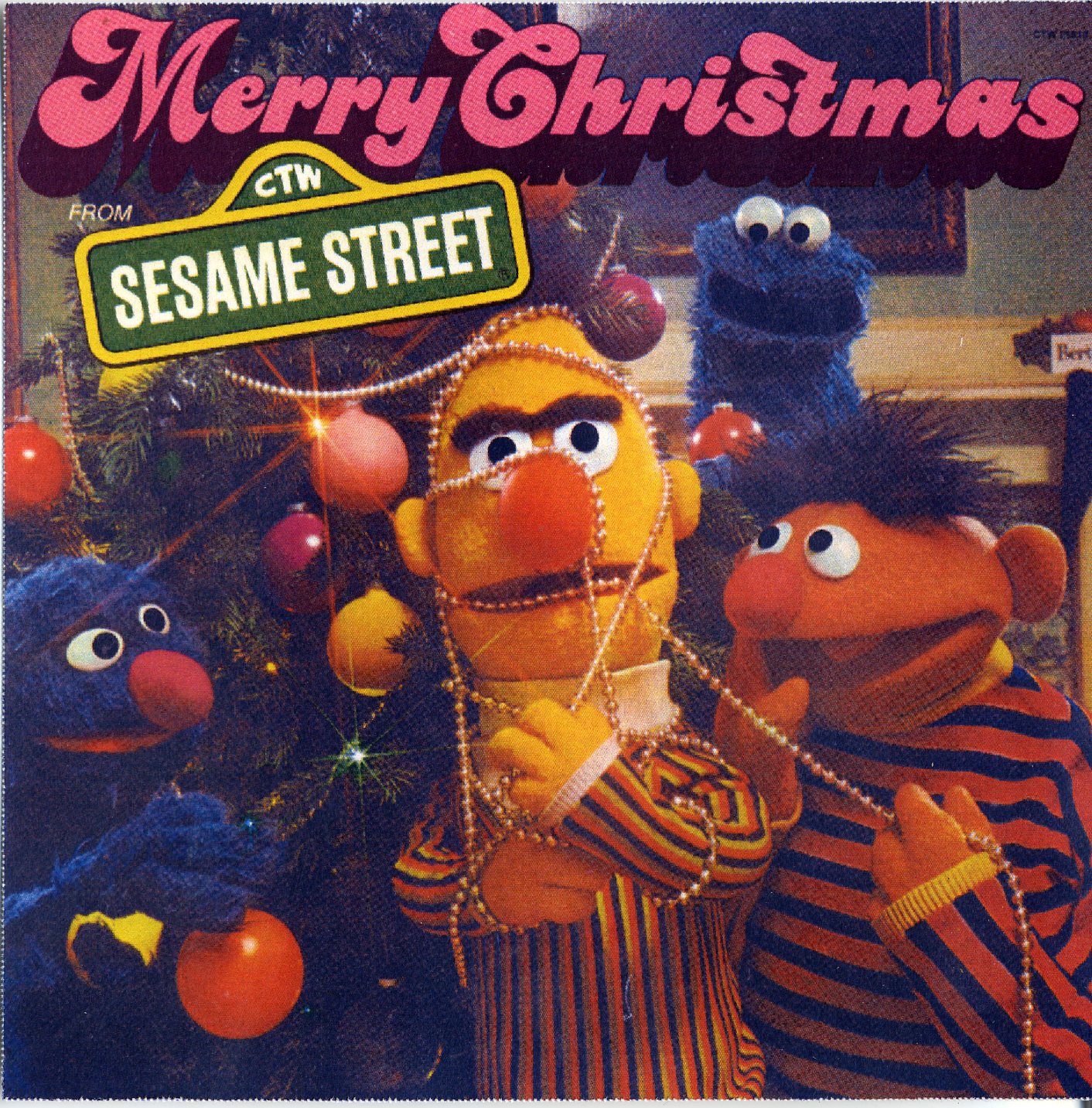
.jpeg)


